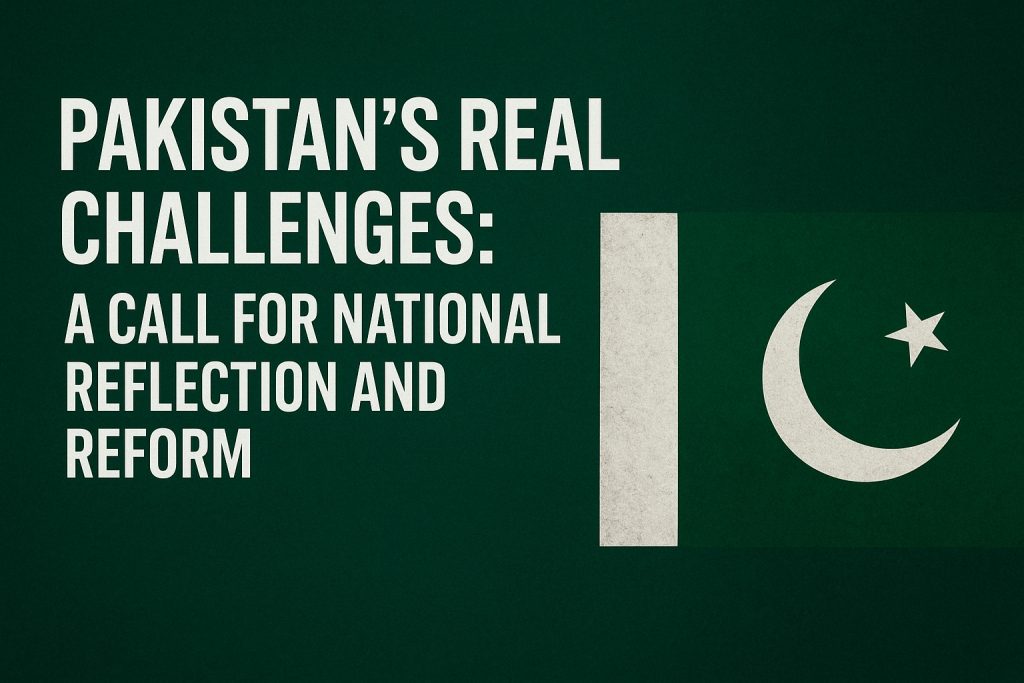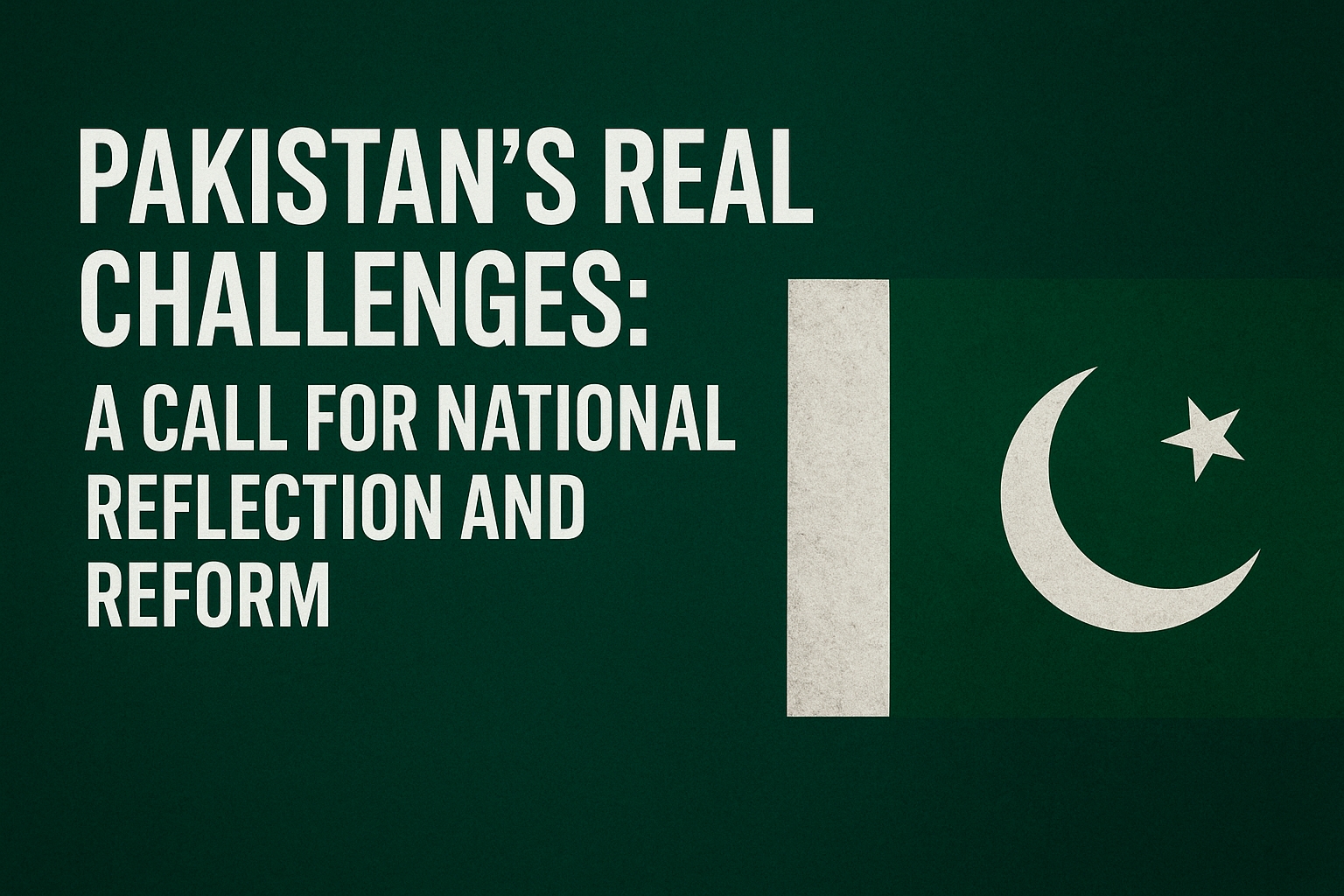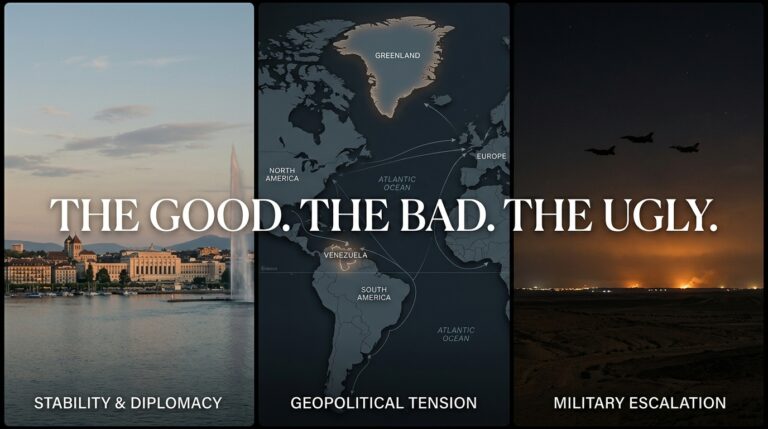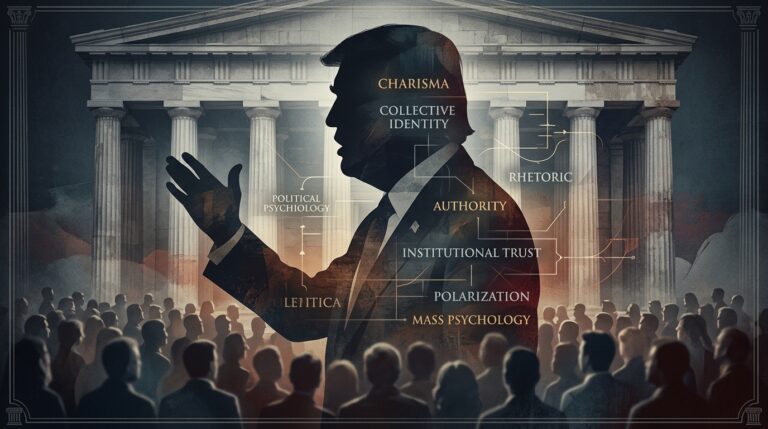Pakistan’s Real Challenges: A Call for National Introspection
Introduction
Pakistan’s real challenges, the country today stands at a defining moment in its history. The people feel disillusioned, confused, and exhausted by repeated cycles of political manipulation, economic collapse, social injustice, and state hypocrisy. Decades of corruption, power politics, institutional decay, and elite capture have crippled national progress. The real crisis is not merely economic or political — it is moral, intellectual, and spiritual.
This article aims to awaken public consciousness by raising crucial questions that challenge citizens to think deeply about the country’s real problems and the sustainable path forward.
https://mrpo.pk/religious-parties-intelligence-nexus-pakistan/

At the start of 2025, Pakistan faces arguably the worst crisis in its history. More importantly, this crisis is multifaceted, encompassing social, economic, political, and psychological dimensions. While many attribute the crisis to political instability, a deeper, more realistic, and rational analysis reveals that the crisis is not primarily political. In fact, it can be argued that the crisis is more social than political.
To understand the crisis, one must consider the social aspect, particularly in terms of moral degradation. Pakistani society has reached its lowest point in this regard. It is evident that most members of society either cannot or do not want to distinguish between good and evil, right and wrong. Despite being aware of what is good and what is bad, many people in Pakistan hesitate to speak out openly. Whether individuals truly perceive evil as “bad” in their hearts is something only God knows, as mentioned in the Holy Quran. However, Islamic teachings describe this as the weakest state of one’s faith (Iman). What can be observed is that, if not most, many Pakistanis do not even regard wrong as wrong or right as right. The most significant consequence of this moral decay is the widespread financial corruption that has permeated both official and unofficial institutions. Public services and social services can no longer be accessed by paying the approved fees and wages; instead, people must pay much more than the official rates to obtain these services. On the other hand, many laborers and workers are paid less than the official wage rate due to their vulnerable bargaining position. Most Pakistanis seem indifferent to God’s instructions when it comes to paying fair wages or receiving services at the correct rates. This is a reflection of moral degradation, where there is little regard for God’s guidance.
https://weeklycuttingedge.com/pakistans-social-crisis/
Aim
To encourage Pakistanis to identify and reflect upon the real issues hindering national development, fostering informed civic dialogue and collective responsibility for reform.
National Questions for Public Reflection
1. Political Accountability and Selective Justice
Why do corruption and accountability laws seem to change their course according to the political winds? How do cases like those of Nawaz Sharif, Maryam Nawaz, and other high-profile figures get dismissed or reversed while others face relentless prosecution?
2. Closure of NAB Cases and Political Bargains
How has the sudden closure of NAB cases, including the Hudaibia Paper Mills case, revealed the use of accountability institutions for political gains rather than justice?
3. Erosion of Moral Integrity in Governance
Why are lies, manipulation, and hypocrisy increasingly becoming the norm among politicians, bureaucrats, and even sections of the judiciary and media?
4. Criminalisation of Politics and State Oppression
How has the state’s conduct against political opponents—particularly PTI workers and leadership—violated principles of justice, morality, and constitutional freedom?
5. The 2024 Election Controversies
What do the widespread allegations over Form-47 manipulation in the 2024 elections indicate about the credibility of Pakistan’s electoral system and the people’s will?
6. Economic Mismanagement and National Dependency
Why has Pakistan remained dependent on IMF and foreign aid despite having vast resources, human potential, and decades of development plans?
7. Institutional Decay and Administrative Collapse
Why have state institutions—civil service, police, and judiciary—failed to uphold efficiency, integrity, and accountability in performing their duties?
8. Appointment of Incompetent and Unqualified Individuals
Why do we continue to see unqualified and undeserving persons appointed to key positions, leading to systemic inefficiency and loss of public trust?
9. Media’s Role in National Corruption
How has the media become a tool of propaganda, diverting attention from national failures and manipulating narratives for elite interests?
10. Military’s Influence in Civil Governance
How can Pakistan define a clear boundary between military and civil authority to prevent political engineering and interference in governance?
11. Judicial Inconsistencies and Selective Activism
Why do the courts act promptly in some political cases while ignoring others for years? What does this inconsistency mean for the rule of law?
12. External Influence and Policy Subservience
To what extent have foreign powers—especially the United States, Israel, and India—shaped Pakistan’s internal and external policies, compromising sovereignty?
13. Afghanistan and Border Instability
How has Pakistan failed to secure lasting peace and stability on its western borders despite its decades-long involvement in Afghan affairs?
14. Decline in National Character and Public Morality
Why is dishonesty, apathy, and social intolerance rising among citizens? How can we rebuild personal integrity and civic responsibility?
15. Failure to Implement a Uniform Curriculum
How has Pakistan’s inability to create a unified education system and a coherent Human Development policy deepened the divide between elite and common citizens?
16. Misuse of Religion in Politics
How has religion, instead of being a unifying moral force, been exploited by different groups for political advantage, spreading division and intolerance?
17. The Hold of Religious Clergy
The hold of religious clergy over the public has proven to be a dual-edged weapon. While it has occasionally played a positive role, at times it has taken destructive turns. What steps should be taken to mitigate its negative effects? Should religious awareness be improved through deeper understanding of Qur’an, Hadith, Arabic language, and the central themes of Islam?
18. Failure to Adopt the Islamic System of Life
By every standard—faith, belief, and intellectual evaluation—the Islamic system offers the most balanced framework for personal, social, and political life. Why has Pakistan, founded in the name of Islam, failed to adopt it fully in its governance and social order?
Conclusion
Pakistan’s problems are not insoluble—they are misdiagnosed. The failure lies in moral confusion, lack of public awareness, and an unwillingness to confront systemic hypocrisy. Every citizen must now realize that reform cannot come from the top; it begins with a collective awakening of conscience and moral clarity.
Finale: A Call to National Renewal
This compilation is not an accusation—it is an invitation.
An invitation to think, to question, and to act. The time has come for Pakistanis to rise beyond slogans and divisions, to reclaim the moral and intellectual spirit that once inspired the creation of their nation. Sustainable progress will begin only when truth is spoken fearlessly, justice becomes impartial, and leadership is defined by integrity rather than manipulation.



